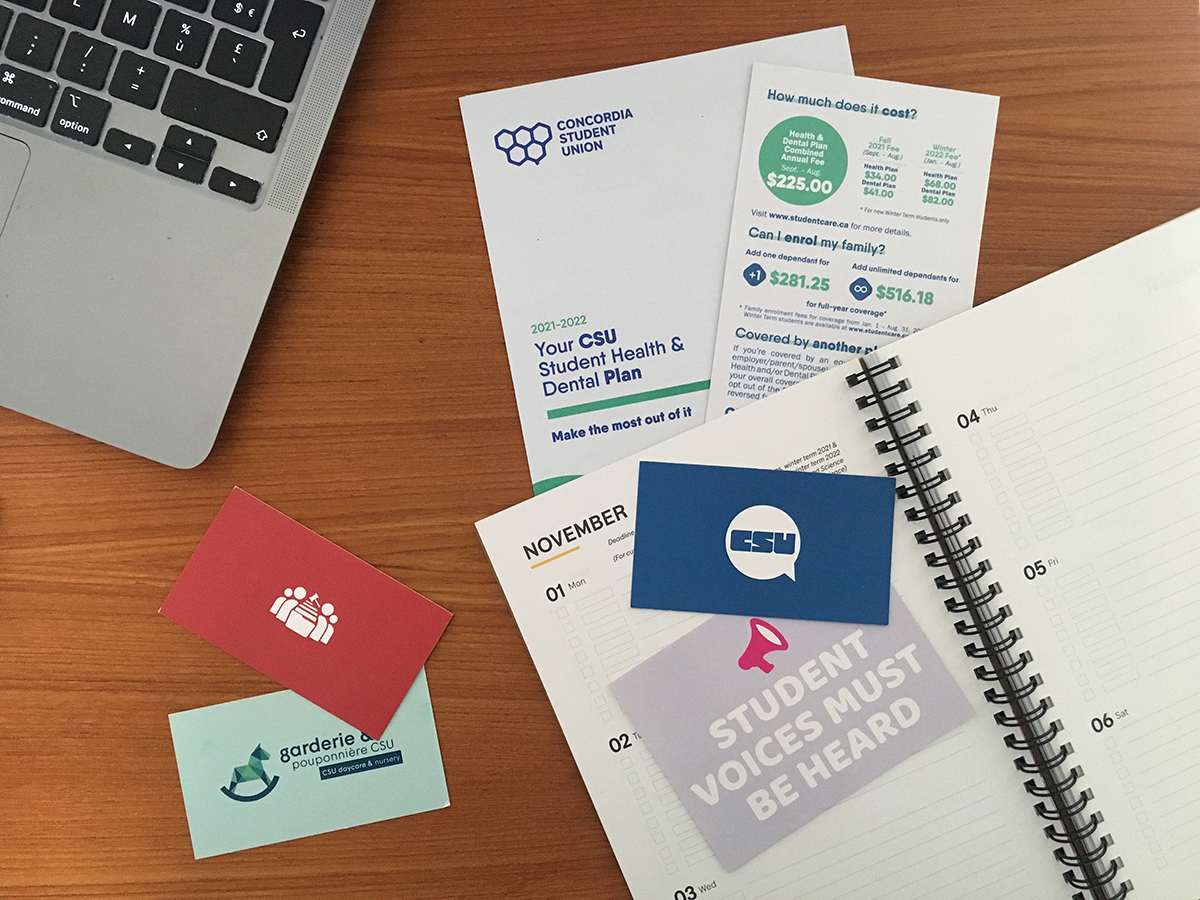Concordia is four times lower than the national average in sustainability curriculum, and we must demand better
Disclaimer: Christopher Djesus Vaccarella is a CSU council member
In the upcoming CSU by-election, there is one referendum at play that will ask students to call on Concordia to make an institutional commitment: to implement the teaching of sustainability and climate change curriculum in all programs by 2030.
Let me tell you why you should vote yes to this question and how we can start a new era at our university. Concordia has a sustainability curriculum problem, and it is time to change that. According to data compiled by Waste Not Want Not from STARS, the North American gold standard for assessing sustainability in universities, only 8.5 per cent of Concordia graduates come out of their respective programs with any meaningful inclusion of sustainability curriculum. The average for Canada? 37 per cent! Both numbers are abysmal, but Concordia reaches new levels of low.
This is concerning, considering the climate crisis is only accelerating. Furthermore, there has been a push for a more expansive sustainability curriculum at Concordia, and we’re seeing a ground-up cultural shift led by the CSU, the Political Science Student Association (PSSA), Waste Not, Want Not and other groups on campus. For example the PSSA has implemented a policy which brings in sustainable practices, while also engaging in sustainability projects, which I wrote. To date, we have planted 250 trees in disadvantaged neighbourhoods and engaged in an urban agriculture project. At the CSU, we accomplished getting environmentally friendly menstrual products, and with the help of my amazing sustainability committee colleagues, have pushed to make Concordia a more sustainable campus, while entrenching these goals in our policies. Finally, according to Waste Not, Want Not, since 2016, the Concordia community doubled its annual composting, and each Concordian reduced their annual overall waste by 16 per cent.
So, while students are making changes and are pushing for more sustainability practices and education, why has the administration been so slow in implementing new policies?
It does not take a rocket scientist to tell you we’re heading into a very dangerous situation when it comes to the climate crisis. It will take much more than divesting assets and retrofitting buildings to be more energy efficient for institutions to tackle this issue. The most important component is education, and teaching students about the plethora of current climate and sustainability issues. This education should aim to raise awareness, change behaviour, and equip students with the tools they need to contribute to the fight against the climate crisis within their professional careers. Issues with climate change and sustainability not only focus on the environment, but also on income inequality, gender inequality, systemic racism, exploitation and many more social issues. It is ill-advised to ignore growing concern and not teach students, regardless of their program, about these issues.
Recently, I have heard some people say that it does not make sense to teach these issues if you are in a business or accounting program, arguing sustainability is “not important” to the curriculum. Really? Then explain why major corporations, pension funds and promotional agencies are either transitioning to green energy, divesting or focusing on attracting green tech. Explain to me why the new International Sustainability Standards Board, which will, by the way, have one of its North American main offices set in Montreal, focuses on green financial practices and new, sustainable standards for corporations to follow.
Personally, it only makes sense that every single student, regardless of their program, must take classes that focus on sustainability issues and the climate crisis. Critics of this proposition say that “forcing” people to take these classes is not good and again, there is that element of “this is unnecessary for specific programs.” The job market in all fields is increasingly requiring more sustainability-related skills and awareness. Right now, we are ill-prepared at Concordia, and cannot compete in that job market.
Concordia must make the institutional changes and ensure that sustainability and climate change curriculum is a core part of all programs by 2030. This will mean more students will be aware of ongoing issues happening on this beautiful planet. It will also mean more people can help solve current and future climate issues, meaning more brainpower to help solve them.
This is the only habitable planet we have, and we must ensure that it is protected for generations and generations to come. Education is the most important aspect to help solve and combat issues pertaining to sustainability and climate change. With better education and tools at our disposal, we can leave a greener and more sustainable path for our kids, grandkids and our collective future.
With this, vote yes to advocating for more sustainability curriculum at the upcoming CSU by-elections. Let the administration know that we are demanding change, and that it is 110 per cent needed. Let us lead the change and inspire others to follow in our footsteps, and let us build the path to a greener, more prosperous and more equitable planet for everybody. Vote yes in the sustainability curriculum referendum question, online from Nov.16 to 18, and encourage your friends to do the same.
Christopher Vaccarella, on behalf of the Yes to Sustainability Curriculum Referendum Committee, proudly working alongside Faye Sun and Keroles Riad. You can contact Christopher Vaccarella at (president@pssa.ca), Faye Sun (Fsun@csu.qu.ca), and Dr. Keroles Riad (ilovecompost@concordia.ca)
Feature photo by Lou Neveux-Pardijon
